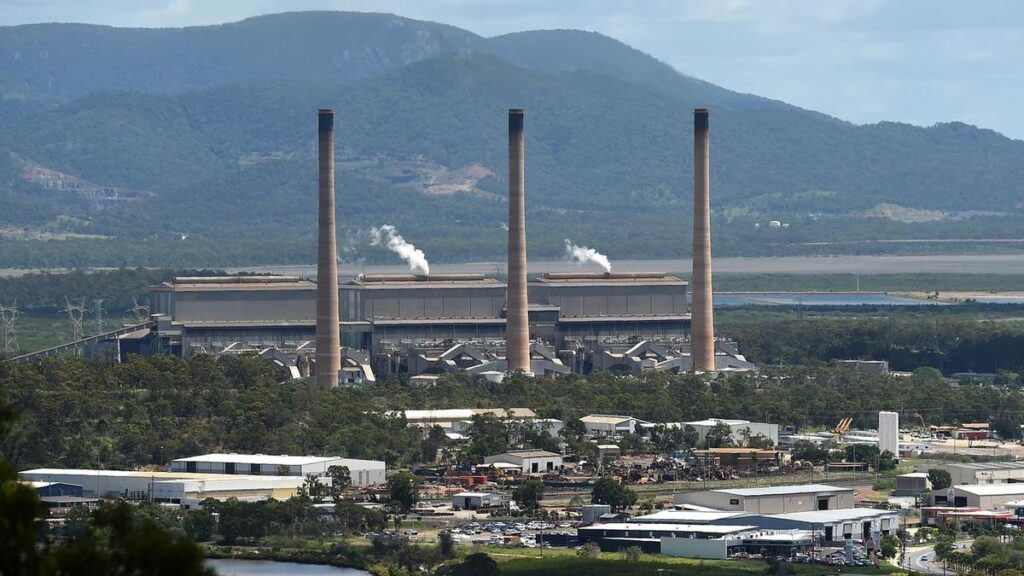
UPDATE: The Queensland government has just announced a controversial plan to extend the lifespan of state-owned coal-fired power stations, a move that could lead to higher household energy bills and jeopardize climate goals. The five-year energy roadmap, revealed by Treasurer David Janetzki, aims to keep these ageing generators operational “as long as needed,” prompting urgent concerns from experts and environmental advocates.
Households in Queensland could see an estimated savings of $1,035 annually on their power bills compared to previous policies. However, skepticism looms as experts warn that prolonged use of outdated coal facilities may lead to frequent breakdowns, ultimately driving costs up.
CEO of NEXA Advisory, Stephanie Bashir, emphasized that the projected savings do not consider the significant unplanned downtime associated with aging coal stations. “Unreliable power equals high bills,” Bashir stated, highlighting that the calculations behind the savings may be overly optimistic.
The plan has been pitched by Janetzki as a “sensible and pragmatic” approach, contrasting sharply with the former Labor government’s target to close all state-owned coal plants by 2035. Critics argue that extending coal operations could hinder Queensland’s commitment to reduce emissions by 75 percent by 2035 and achieve net zero by 2050.
Adding to the urgency, Nancy Spencer, an energy expert from Griffith University, remarked that the government’s assurances about the technical lifespan of coal plants must be taken seriously. “The key proviso in the roadmap is the words ‘technical lifespan’,” she noted, indicating potential limitations on extending coal operations beyond what is deemed safe.
Environmental groups, including the Australian Marine Conservation Society, are sounding alarms over the implications for the Great Barrier Reef’s World Heritage status. Campaigns manager Lissa Schindler warned that extending coal usage would make it “impossible for Queensland to meet its commitment” to significant emissions reductions, putting the reef—and the biodiversity it supports—at risk.
With the Australian energy landscape shifting towards renewable sources, the reliance on gas peaking plants for reliability during this transition is also under scrutiny. Experts predict delays in new gas projects due to lengthy wait times for gas turbines, further complicating the state’s energy future.
As the Queensland government moves forward with this controversial plan, the implications for energy reliability, household bills, and environmental commitments are becoming clearer. The state’s energy strategy faces mounting pressure as stakeholders demand a transition that prioritizes sustainability alongside economic viability.
What happens next? Stakeholders and residents alike await further details on the implementation of this plan and its potential impacts. The urgency surrounding Queensland’s energy future continues to grow as discussions on renewable energy solutions and reliable power sources persist.
Stay tuned for updates on this developing story as it unfolds.






